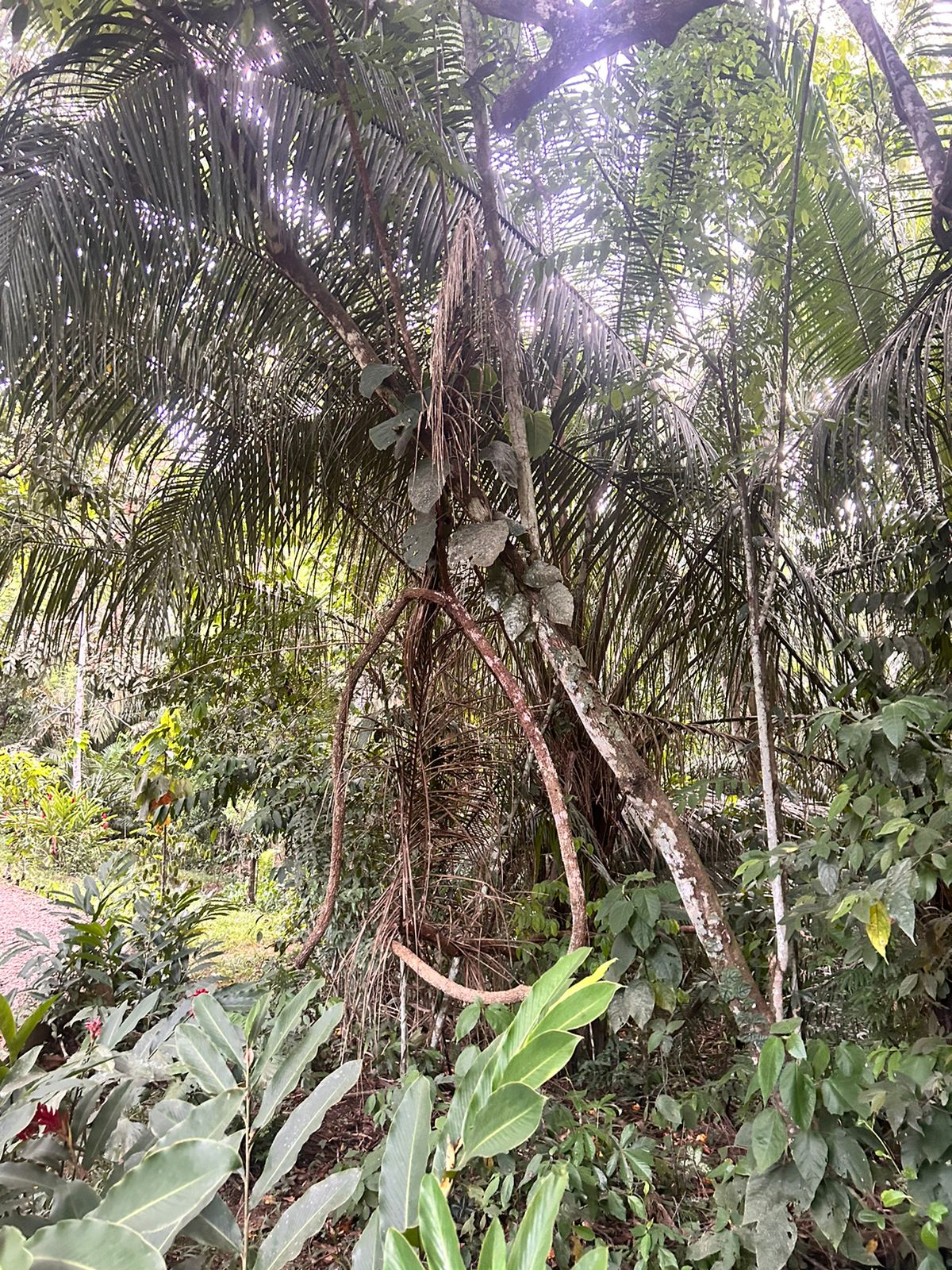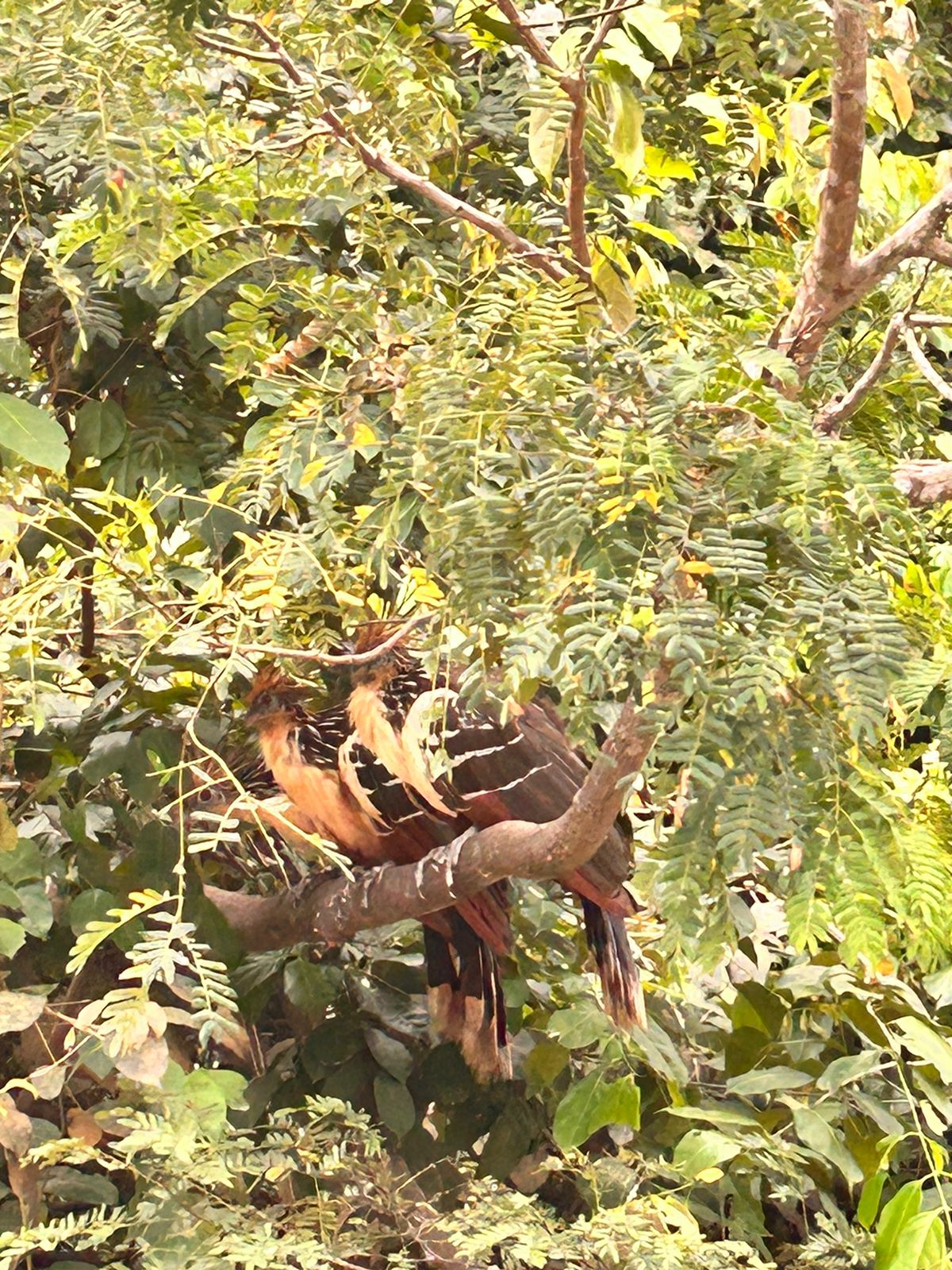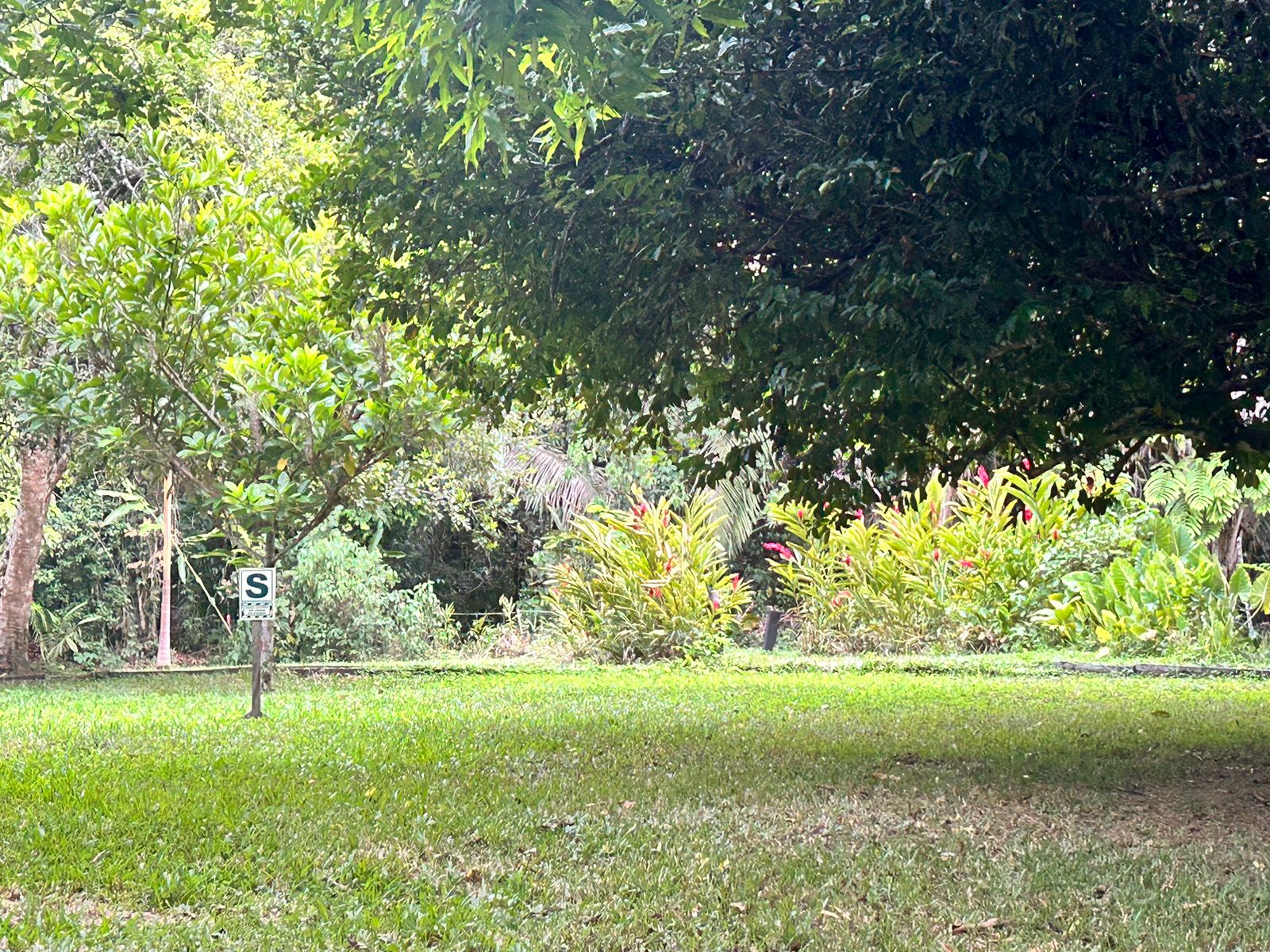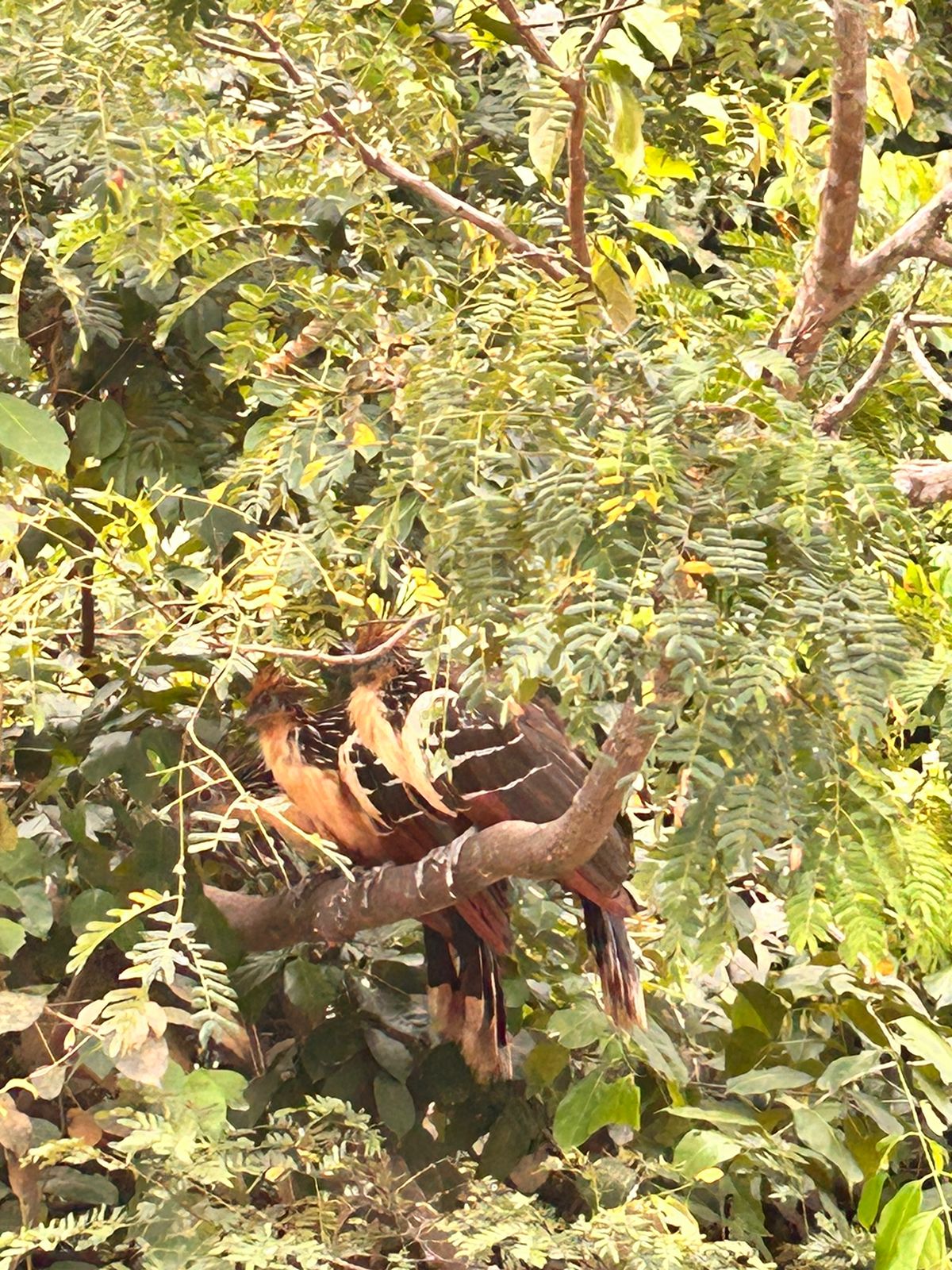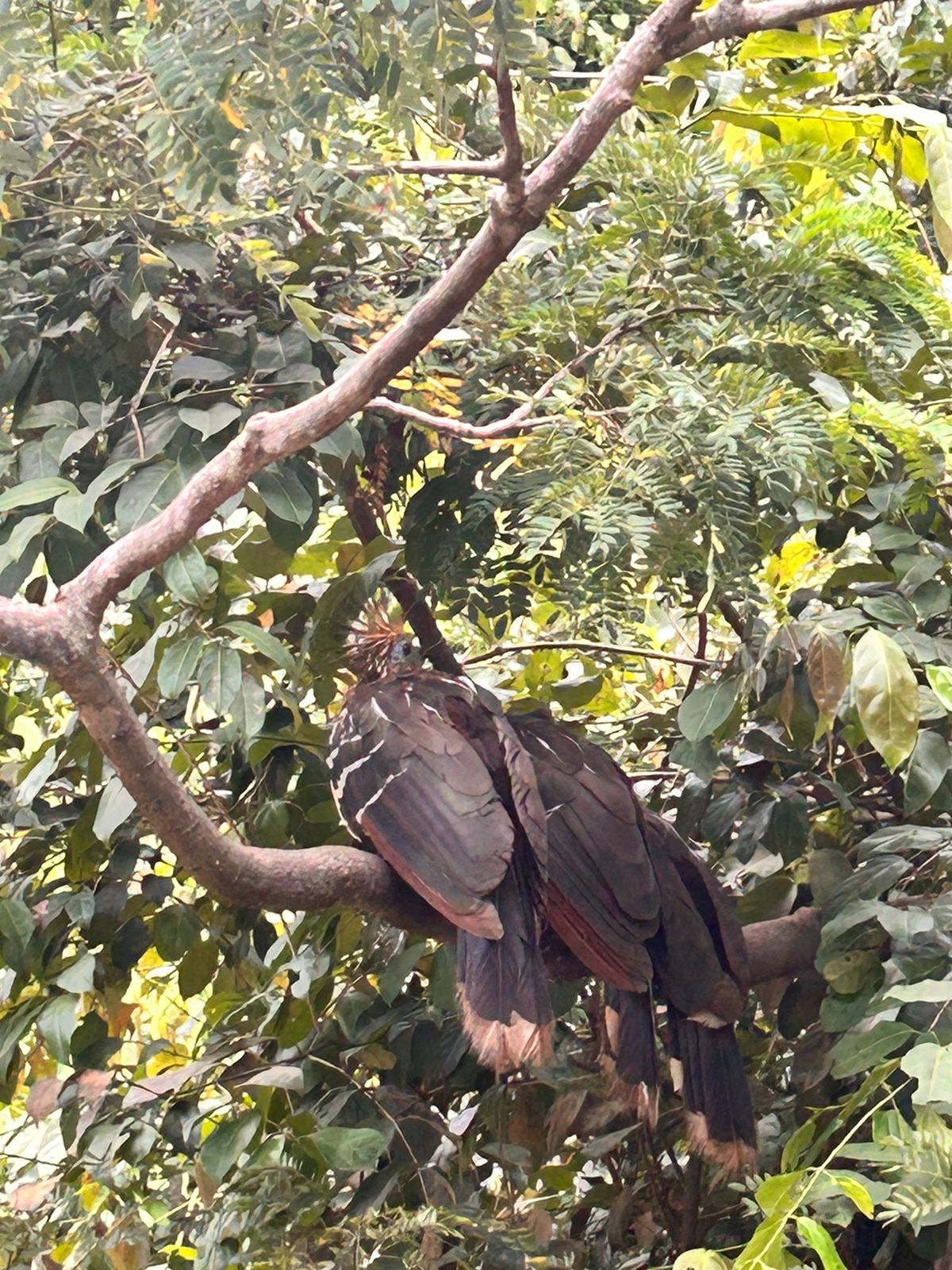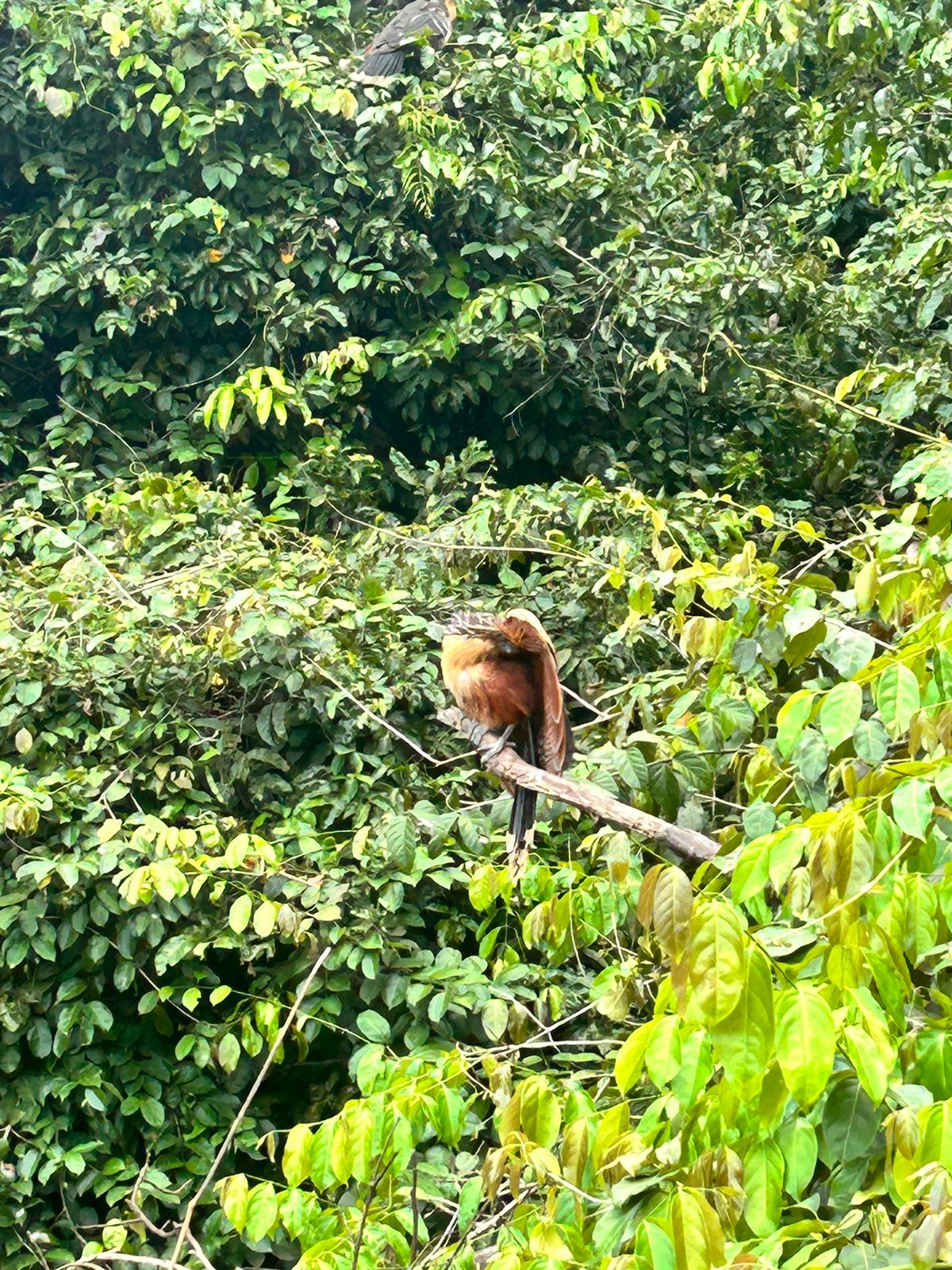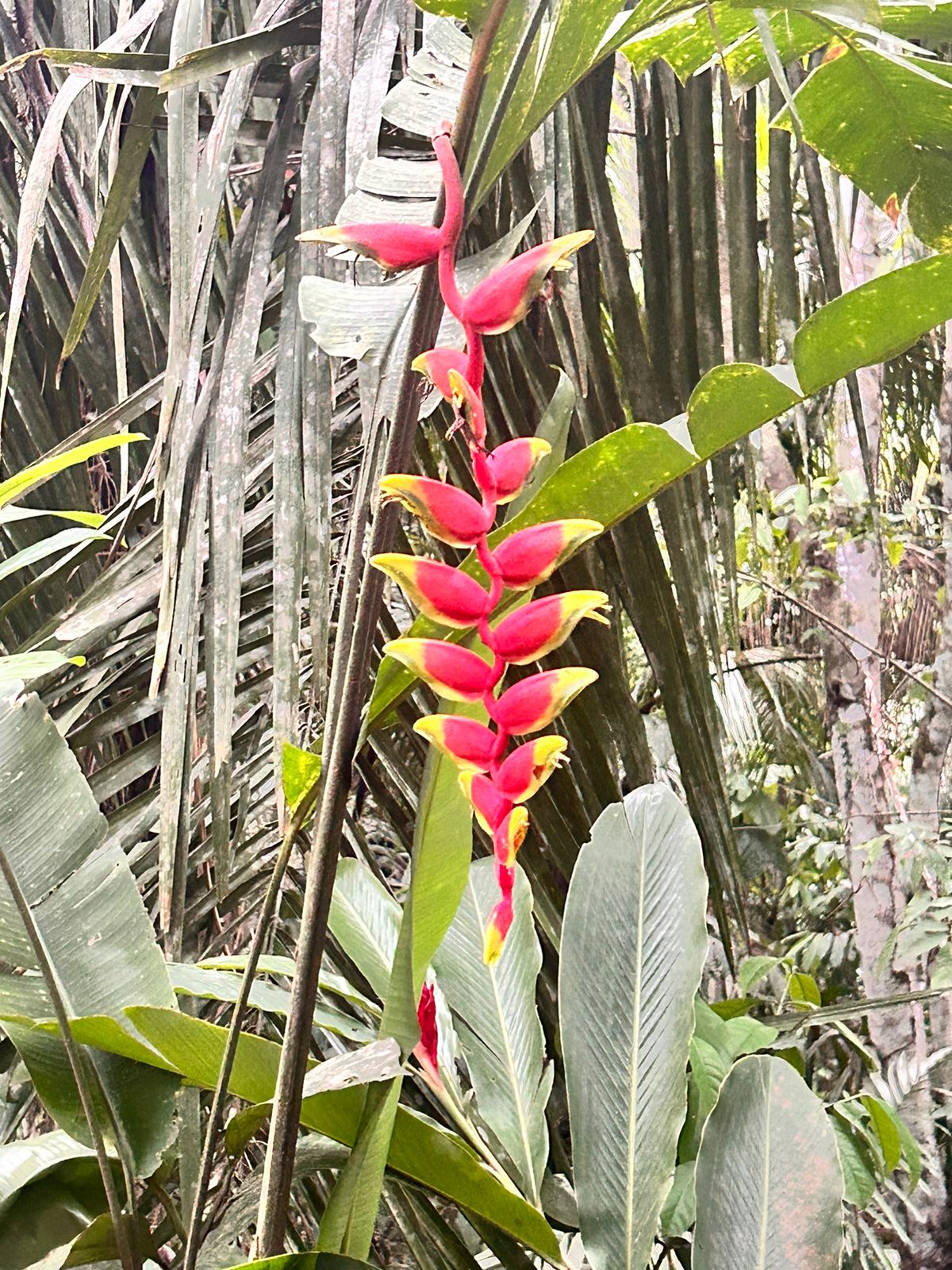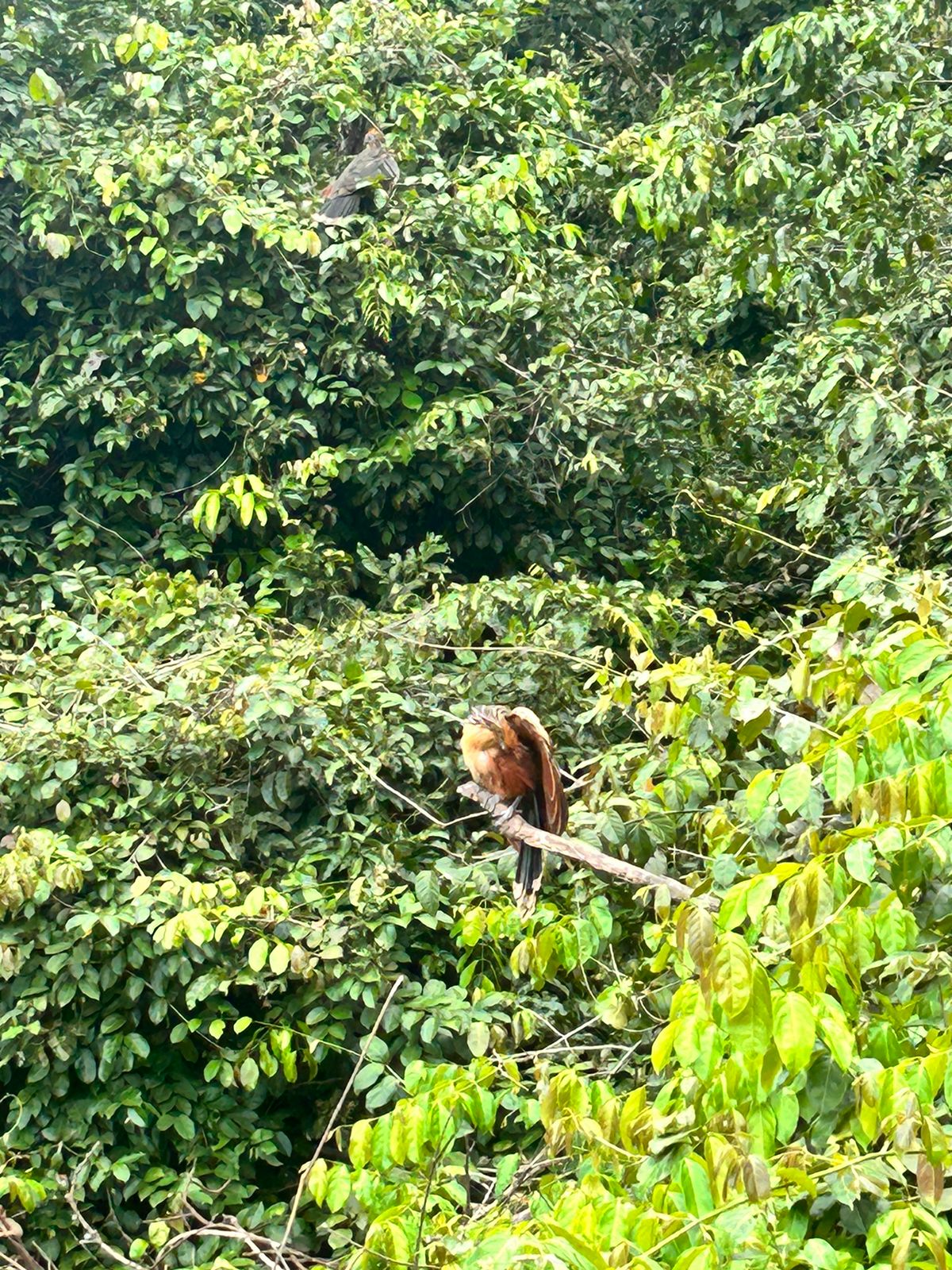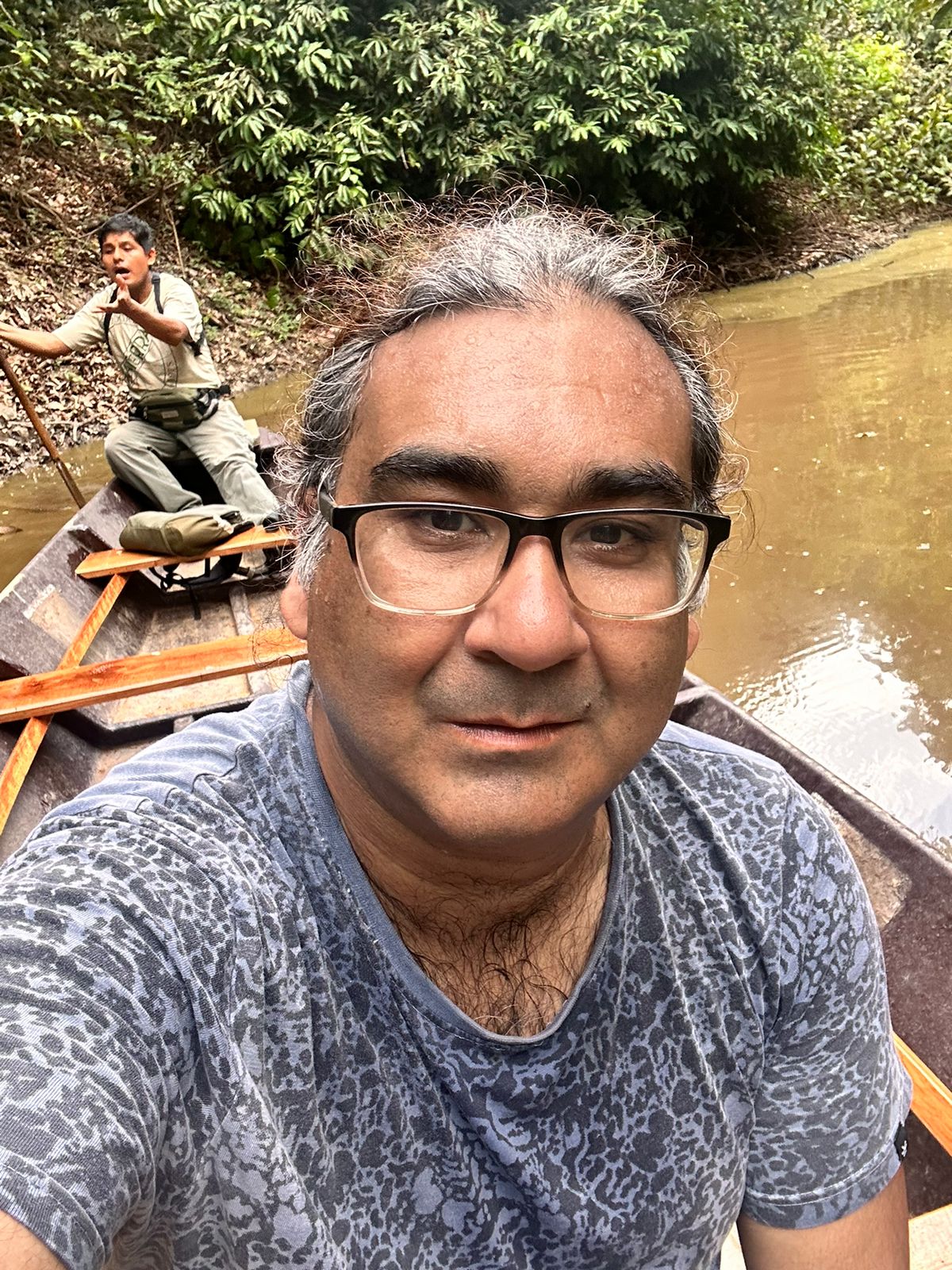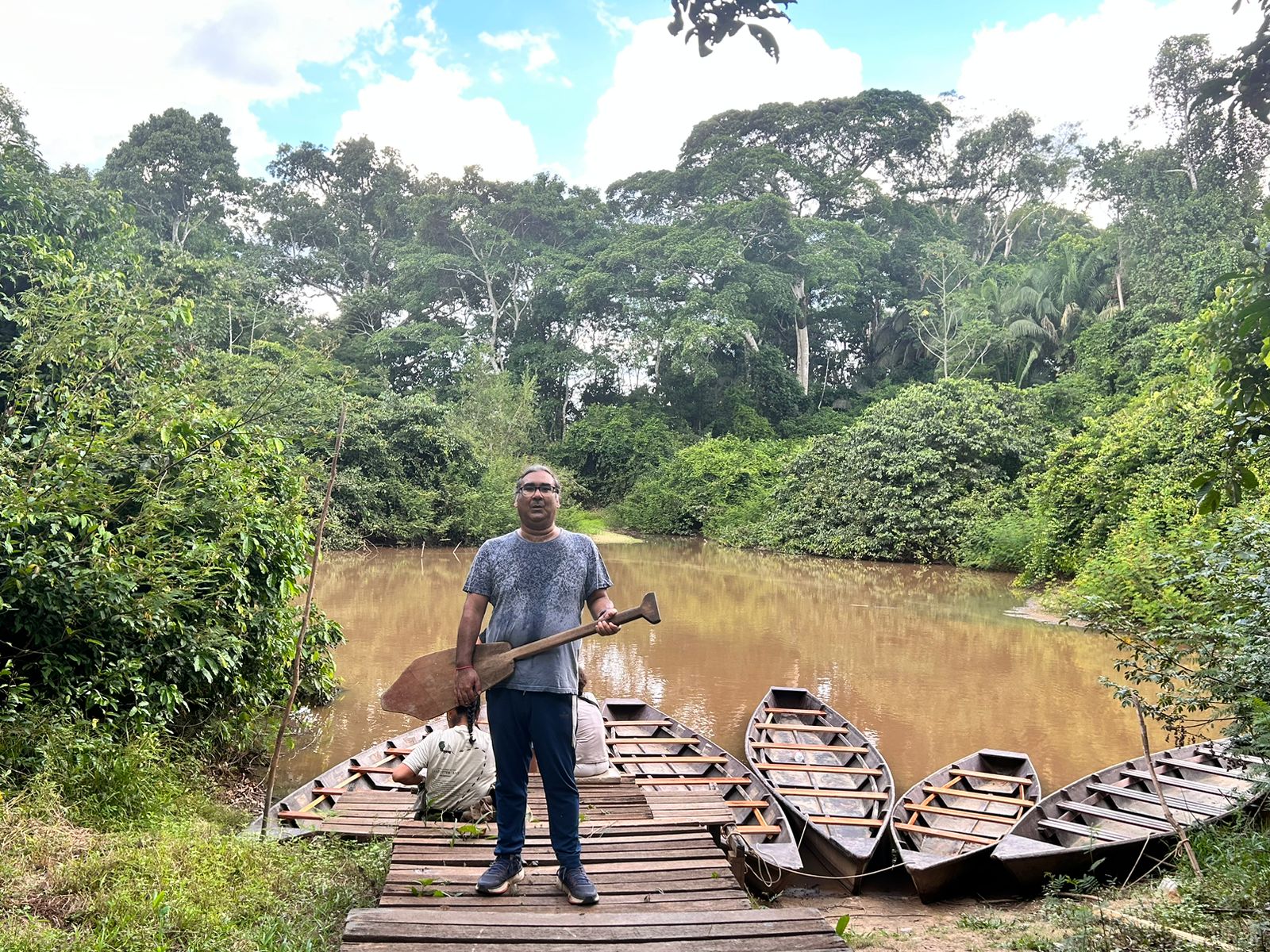The Amazon basin; a tangle of rivers, lakes and labyrinth of winding jungle trails, home to 20% of the water on the planet. In fact, in the Peruvian Amazon, which represents more than 60% of its territory, it’s estimated that there are more than 19.77 million acres (8 million hectares) occupied by wetlands, or large marshy areas, dominated by the ‘aguaje‘ palm. But, why are these swamps important, and what animals can be found lurking beneath?
A swamp is defined as a forested wetland and, like marshes, they’re often found near lakes or rivers, and have slow draining mineral soil. In the Amazon, swamps sustain communities of animals that benefit from the ecosystem’s rich nutrients, water and shelter. These wetlands perform many essential ecosystem services, from flood control and carbon storage to fish production.
It’s not just animals that benefit from the mineral rich soil, however. People living in the Amazon region also take advantage of the ecosystem’s recourses. Palm fruit, for example, has a sweet, pleasant flavour, and is a popular snack amongst locals, whether it’s eaten fresh, blended into ice cream or zesty drinks (aguajina).
Those residing in the Amazon also use the cut trunk of the aguaje as a source of ‘suri‘, the edible coleoptera – a small, vibrant beetle – larva that is frequently used for both food and local medicine. The coleopteran lays its eggs in the pulp of the trunk, there the larvae develop in the form of round, plump worms, high in fat.
Whilst paddling through the swampy waters, those exploring might spot a pair of eyes, just above the waters murky surface; the Black Caiman, the largest predator in the Amazonian ecosystem. Other animals that dwell in the swamps include the anaconda, boa constrictors, the tapir and capybara, amongst others.
At Inkaterra’s Amazonian properties, guests can join the popular Lake Sandoval excursion, which involves an intimate boat ride through dense swampland, before embarking on a sightseeing journey across glistening Lake Sandoval; also the wetlands located within Inkaterra Reserva Amazónica property and near the “Reserva Ecológica Inkaterra protected area.

